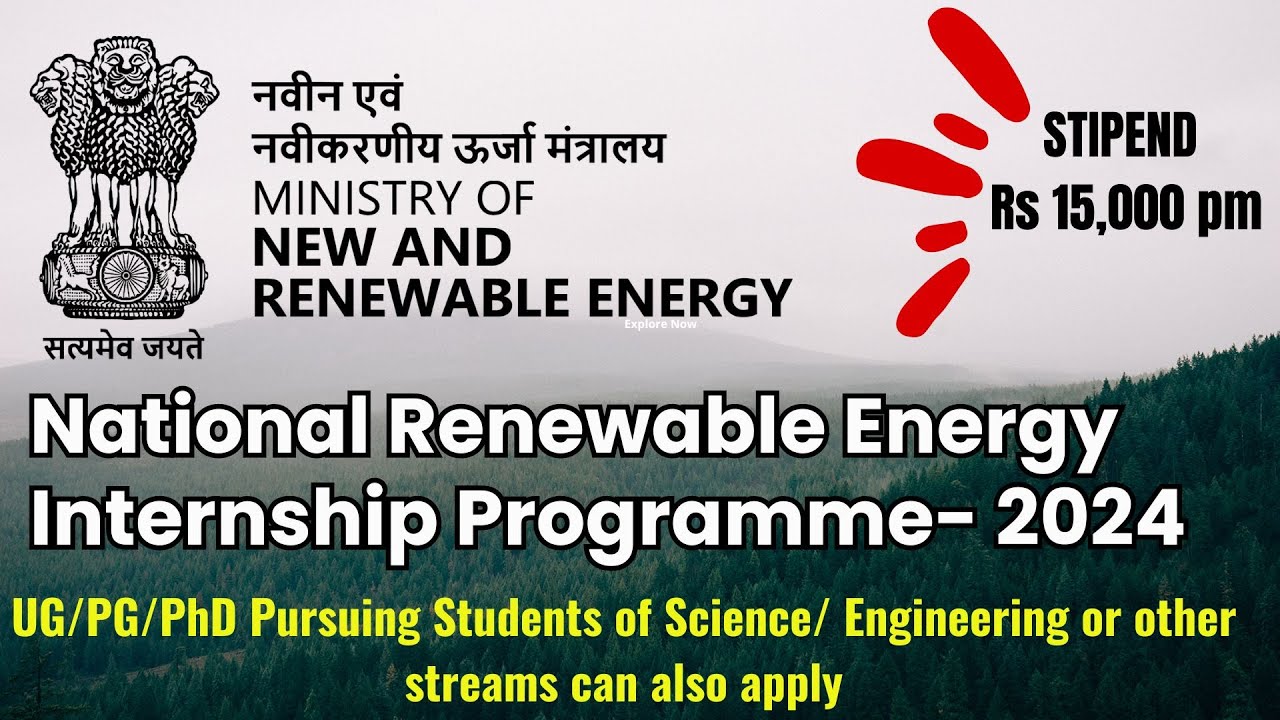
Introduction to Sustainable Energy
In recent years, the demand for sustainable energy solutions has surged dramatically. As the world grapples with the effects of climate change and dwindling fossil fuel resources, the need for a shift towards renewable energy sources has never been more critical. This shift not only contributes to environmental preservation but also opens up numerous career opportunities for individuals passionate about making a difference.
The Importance of Sustainable Energy
Sustainable energy refers to energy derived from sources that are renewable, such as solar, wind, hydroelectric, and geothermal energy. Unlike fossil fuels, these sources are abundant and have a significantly lower impact on the environment. The transition to sustainable energy is crucial for several reasons:
- Environmental Protection: Reduces greenhouse gas emissions and pollution.
- Energy Independence: Reduces reliance on imported fuels.
- Economic Growth: Creates jobs in the renewable energy sector.
- Technological Innovation: Drives advancements in energy technology.
Career Opportunities in Sustainable Energy
The field of sustainable energy offers a diverse range of career opportunities. As the industry continues to grow, the demand for skilled professionals is on the rise. Here are some of the key career paths you might consider:
- Renewable Energy Engineer: Design and develop systems that harness renewable energy sources.
- Energy Analyst: Analyze energy consumption and develop strategies for efficiency.
- Environmental Consultant: Advise organizations on sustainable practices and compliance with regulations.
- Project Manager: Oversee the planning and execution of renewable energy projects.
- Research Scientist: Conduct research to improve renewable energy technologies.
Educational Pathways
To enter the field of sustainable energy, a strong educational background is essential. Here are some key degrees and certifications that can help you kickstart your career:
- Bachelor’s Degree in Renewable Energy: A foundational degree that covers various aspects of renewable energy technologies.
- Master’s Degree in Sustainable Energy: An advanced degree that delves deeper into energy systems and policies.
- Certifications: Consider obtaining certifications such as LEED (Leadership in Energy and Environmental Design) or NABCEP (North American Board of Certified Energy Practitioners).
- Internships: Gain hands-on experience through internships in the renewable energy sector.
Renewable Energy Internships: A Gateway to Experience
One of the best ways to enter the sustainable energy field is through internships. These programs provide invaluable experience and networking opportunities that can help you secure a full-time position after graduation. Here are some types of internships to consider:
1. Solar Energy Internships
Solar energy internships allow you to work with companies that install solar panels or develop solar technology. Interns may assist in:
- Conducting site assessments for solar installations.
- Analyzing solar energy data.
- Participating in outreach and education programs.
2. Wind Energy Internships
Wind energy internships often involve working with organizations that develop and maintain wind farms. Responsibilities might include:
- Performing environmental impact assessments.
- Assisting in the design and optimization of wind turbine systems.
- Collecting and analyzing data on wind patterns.
3. Energy Efficiency Internships
Internships focused on energy efficiency allow you to work with organizations that promote energy-saving practices. Tasks may include:
- Conducting energy audits for buildings.
- Researching energy-efficient technologies.
- Developing educational materials on energy conservation.
4. Research and Development Internships
These internships are typically offered by universities or research institutions. Interns may work on:
- Innovating new renewable energy technologies.
- Conducting experiments and trials.
- Publishing findings in scientific journals.
Networking and Professional Development
Networking is an essential aspect of building a career in sustainable energy. Here are some strategies to expand your professional network:
- Attend Industry Conferences: Participate in events like the Solar Power International (SPI) or the American Wind Energy Association’s (AWEA) Windpower conference.
- Join Professional Organizations: Become a member of organizations such as the Renewable Energy Association or the International Renewable Energy Agency.
- Utilize Social Media: Connect with industry professionals on platforms like LinkedIn.
- Participate in Webinars: Engage in online seminars and discussions on current trends in renewable energy.
The Future of Sustainable Energy Careers
The future of careers in sustainable energy looks promising. According to the International Renewable Energy Agency (IRENA), the renewable energy sector is expected to create millions of jobs in the coming years. Some trends shaping the future of this field include:
- Technological Advancements: Continued innovation in energy storage, smart grids, and energy management systems.
- Policy Support: Government incentives and policies aimed at promoting renewable energy adoption.
- Corporate Sustainability Initiatives: Increasingly, businesses are committing to sustainable practices, creating new job opportunities.
Conclusion
In conclusion, a career in sustainable energy is not only rewarding but also essential for the future of our planet. With a variety of educational pathways, internship opportunities, and a growing job market, now is the perfect time to kickstart your career in this dynamic field. By gaining experience, building a professional network, and staying informed about industry trends, you can position yourself for success in the exciting world of renewable energy.
As you embark on this journey, remember that every step you take contributes to a more sustainable future. Whether you’re working on solar panels, conducting energy audits, or developing new technologies, your efforts will play a crucial role in shaping a cleaner, greener world for generations to come.

